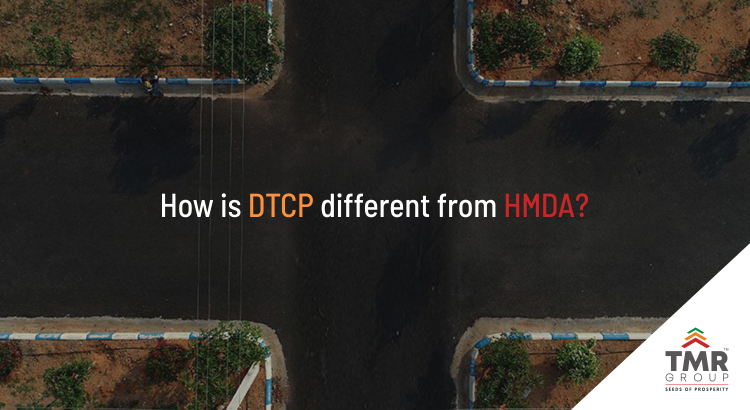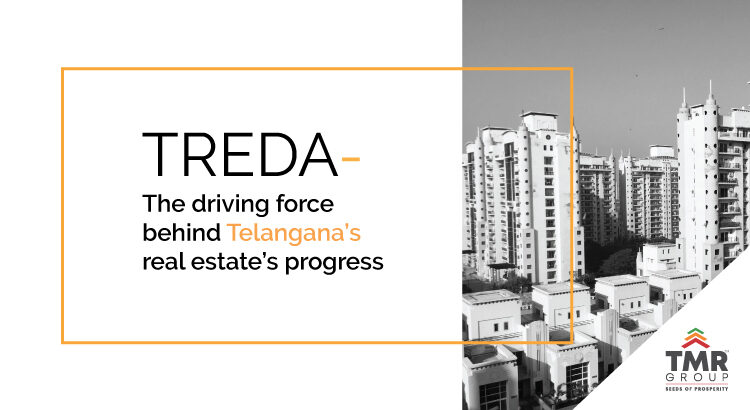Quite often in the movies and in families we have seen and heard about the term ‘mortgage’. We see how a parent has to mortgage their assets to get a loan from the bank to make funds available for their children’s education or the wedding of their daughters. Well, this blog will speak in detail about the furthermore specific aspect of a mortgage, and dwell deep into the concept of ‘Reverse Mortgage’. So, let’s begin with some basic questions.
Reverse Mortgage or Forward Mortgage?
Mortgage, in simple terms, means ‘loan’. The lender can either be a bank or a financial institution or an individual. The purpose of a mortgage can be as simple as to own a property. It might be possible that the mortgage amount can cover the entire cost of the property, but commonly the loan amount can be secured up to 80% of the value of the property.
What ‘Reverse Mortgage’ is somewhat similar to a loan for senior citizens who lack a regular source of income. Imagine a 62-year-old father who owns a house. There’s a considerable amount of home equity line of credit attached to it what we know as HELOC. That amount can be withdrawn at any time. However, the home acts as collateral.
On the other hand, a forward mortgage is a type of fixed-rate mortgage. Compared to a normal kind of mortgage, a forward mortgage proves to be quite expensive. The lock-in period for the interest rate can be planned way ahead even before the mortgage term begins. This is helpful when you intend to own a property in the future. Forward-thinking, isn’t it? That’s why they are called that way.
What you can take away from this is that a reverse mortgage requires you to be 62 years or older to take benefits of the loan amount and they do not require a monthly payment or balance unless the property owner or the borrower dies, or sells the property or moves to a different location.
How does Reverse Mortgage work exactly?
This is the next big question of every layman who doesn’t understand these terms. Well, it’s not a complicated process. The borrower pays to the lender and the lender makes payments. However, in the Indian context, senior citizens tend to transfer their property in the name of their children and later get a bit doubtful whether or not to mortgage the property to a bank or some financial institution. There’s no need for a minimum income amount to qualify for a reverse mortgage as it doesn’t require monthly payments. Even if the borrower doesn’t have an income, they are eligible to qualify for a reverse mortgage.
However, the value of the house they own will be ascertained by independent valuation through property valuation methodologies generally accepted in the industry. A provision for periodic evaluation and consequent loan adjustments would be made once in 5 years, but the loan amount would be fixed based on the present market value of the property and not the future value.
How is reverse mortgage beneficial?
Reverse mortgage is not that convoluted as it seems to be. It has its own perks and senior citizens these days are very much in favour of it. Here are a few benefits of choosing a reverse mortgage.
You are still the owner: Contrary to the popular belief that you lose ownership of your home once you mortgage it, reverse mortgage is nothing like it. As long as you comply with the terms of the loan and pay your property taxes and homeowner’s insurance, the ownership stays with you.
The income is completely tax-free: the income that you receive from a reverse mortgage is exempt from tax. This indicates more savings for you. Not just that, you can even claim deductions on your home repairs and renovation expenses under a reverse mortgage.
It’s a new kind of income source: Moving away from traditional investment options such as fixed deposits, post office schemes or national savings certificate, reverse mortgage proves to be a supplementary source of income.
At TMR Group, we ensure that our customers are aware of all the terms that can help them invest in the right place, the right way. Our objective is not only to sell products or services but also to keep our customers informed about all the market-related terminologies that can help them make better investments and allow them to prosper. That’s how we believe, we can build a better bond and set better examples for the future generation.




